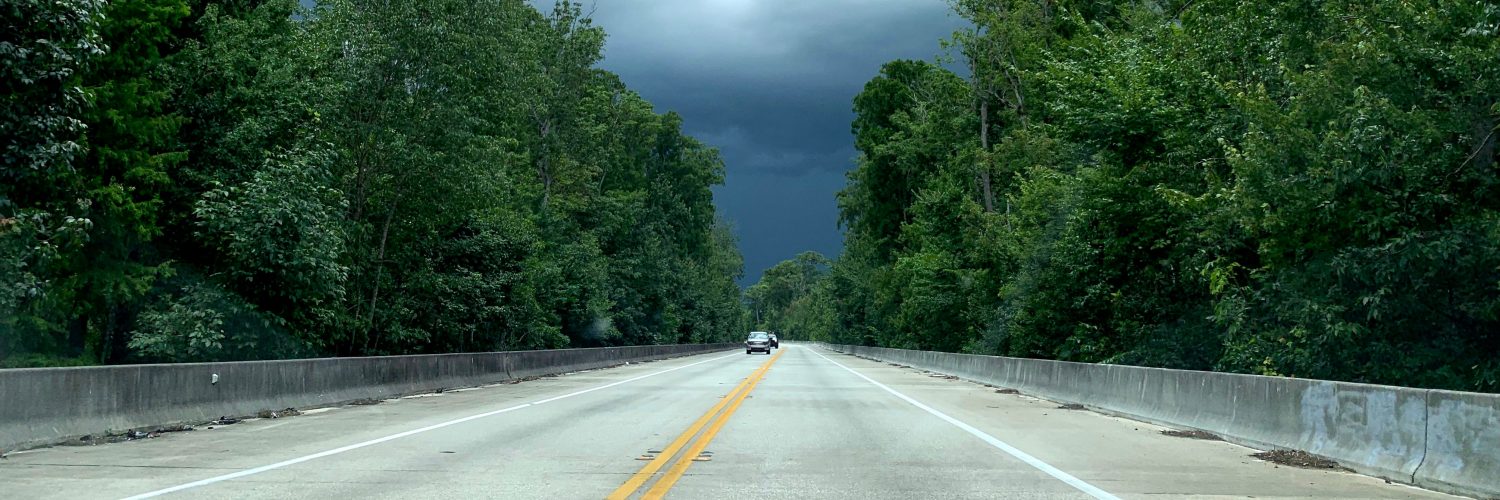Congressional members in the U.S. Senate took a major step to pass the largest highway legislation in history to rescue America’s overstressed infrastructure and tackle climate change at the same time.
In a bipartisan force, the Senate Energy and Public Works (EPW) committee voted unanimously in support of the five-year, $287-billion package, called America’s Transportation Infrastructure Act of 2019 (S. 2302).
“(The bill) will grow our economy, improve road safety, expedite important projects, and enhance the quality of life for the American people,” Committee Chairman and co-sponsor John Barrasso (R-Wyoming) said at the hearing July 30. “Our bipartisan legislation will help rural communities in Wyoming and major urban areas around the country.”
First-ever highway bill with climate change in it
The bulk of the package – $259 billion – is for maintaining and repairing America’s roads and bridges. Another $10 billion is earmarked for projects to improve air quality and resilience.
“This bipartisan legislation includes the first-ever climate title in a highway bill and would invest $10 billion in policies and innovative projects aimed at reducing emissions and enhancing resilience,” ranking member and co-sponsor Thomas Carper (D-Delaware) said.
The bill also earmarks $1 billion for competitive grants to support the development of fueling infrastructure for electric, natural gas and hydrogen-powered vehicles.
Committee members said their hope is that increased public funding will also encourage private investment and new technology. The bill also streamlines project delivery and federal approvals.
“The bill cuts Washington red tape, so road construction can get done faster, better, cheaper, and smarter,” Barrasso said.
Not a done deal
Whether it can make it to full passage in Congress is uncertain. National lawmakers have struggled for several years to get a comprehensive infrastructure bill passed.
As the nation’s leaders have failed to act, infrastructure conditions have worsened. The National Association of Manufacturers (NAM) estimates the U.S. needs to invest $1.09 trillion towards infrastructure.
States like Arizona have had to step up with massive funding projects of their own. This year, Governor Doug Ducey (R-AZ) signed Arizona’s Fiscal Year 2020 budget that pledges $283 million towards infrastructure. About $130 million will be used over three years to expand Interstate 17, the major transportation corridor between Phoenix to Flagstaff.
Global competitive edge at stake
Safe and modern transportation systems are critical for the state’s and the nation’s global competitive edge, said industry groups that have lobbied for a comprehensive infrastructure bill.
Dozens of industry groups support the new federal legislation including the Arizona Chamber of Commerce and Industry, U.S. Chamber of Commerce, Arizona Trucking Association, American Public Power Association, Associated General Contractors of America, Business Roundtable, American Public Works Association, and many more.
The new infrastructure bill carries a price tag that is 27 percent higher than current highway legislation that is set to expire in October 2020.
Other provisions in the new legislation:
- Establishes a program to support projects to improve resiliency of roads and bridges to withstand natural disasters and extreme weather events
- Earmarks $1 billion in funding for competitive grants to support the development of fueling infrastructure for electric, natural gas and hydrogen-powered vehicles
- Includes $3 billion to support projects that lower highway-related carbon emissions, such as efforts to reduce traffic congestion and provide alternatives to single-occupant vehicle trips
- Provides $500 million for competitive awards to states that show progress in lowering per-capita emissions
- Directs federal agencies to transition their vehicle fleets to hybrid-electric, electric and alternative fuels within a year of enactment
















Add comment